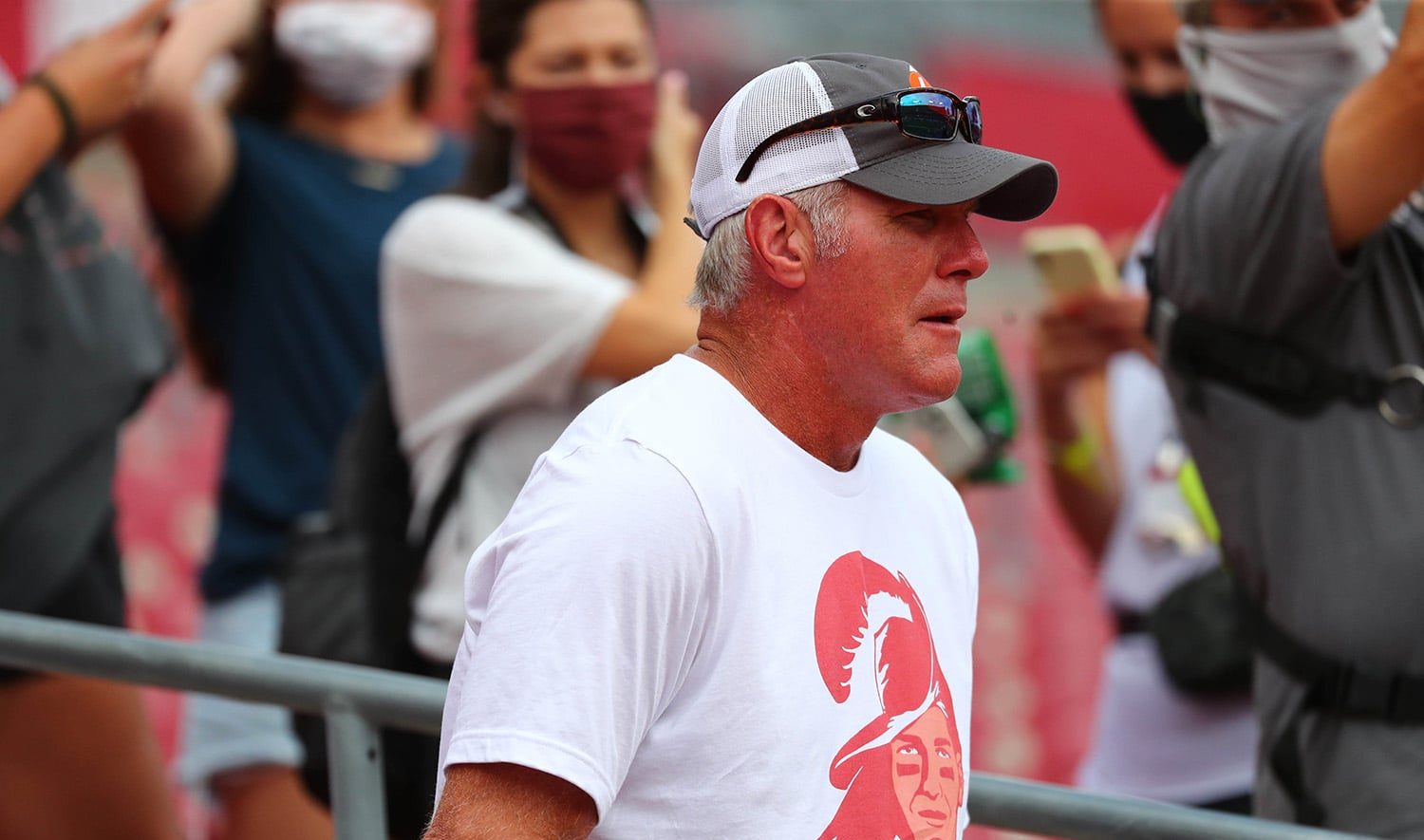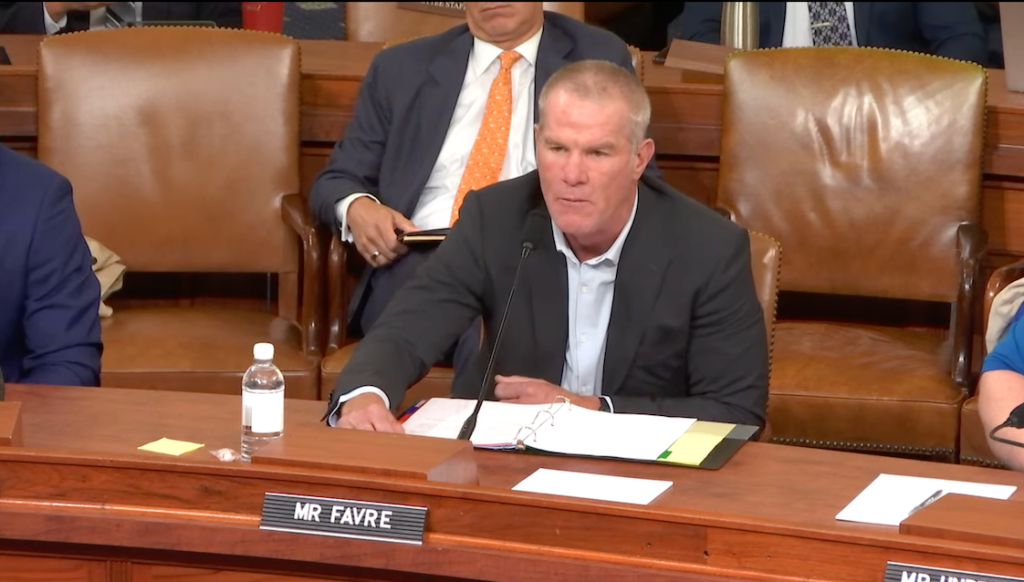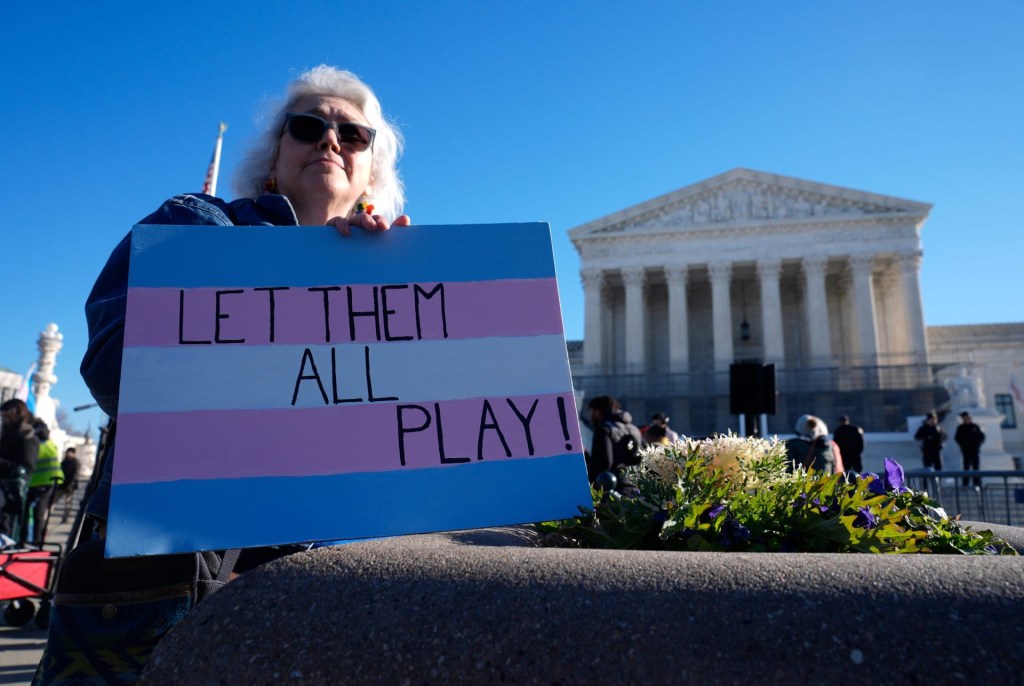The legal battle over Brett Favre’s text messages has led attorneys for the Mississippi Department of Human Services to ponder why the Hall of Famer can’t find texts that could shed light on his alleged role in the welfare scandal.
Favre was interviewed by the FBI in 2020, although he hasn’t been charged criminally by federal or local authorities as others have over their alleged involvement in the largest public corruption scandal in Mississippi history that saw the misappropriation of at least $77 million of federal welfare funds.
“First, he claims he does not have his 2017 text messages, but somehow this does not mean that those messages have been destroyed, lost, discarded, or otherwise disposed of,” MDHS lawyers wrote in a Thursday filing obtained by Front Office Sports.
“This is Orwellian doublespeak. … If Favre deleted his text messages after his FBI interview, or after the News were arrested in February 2020, then this is probative evidence of not only his intent to spoliate evidence, but also his conspiratorial intent. Favre should be compelled to fully respond to the interrogatory (questions from MDHS).”
The interview with the FBI occurred close to the time the two leaders of a nonprofit at the center of the scandal — Nancy and Zach New — were first charged. The News’ nonprofit, Mississippi Community Education Center, was used to allegedly funnel $8 million of TANF connected to Favre, according to previous filings in the lawsuit.
Like the News, Favre is among the more than 40 defendants in the lawsuit seeking to recoup the misspent Temporary Assistance for Needy Families (TANF) funds, federal money aimed to help the poorest families in the U.S.
MDHS has sought text messages from Favre’s phone as far back as 2017, in large part to authenticate the many texts that were obtained via subpoena from other defendants in the case.
One potential explanation MDHS lawyers offered: Favre “turned his phone over to the FBI.”
“If Favre still had text messages from 2018 in 2022, then he likely still had text messages from 2017 in 2020,” MDHS attorneys wrote.
FOS reported Favre has remained on the radar of federal investigators since that 2020 interview. Representatives for the Justice Department have declined comment.
Typically, federal investigators — after a judge approves a subpoena — would image a cell phone, and return the phone to the person. Federal investigators likely would seek cloud storage where the messages are archived.
Favre’s lawyers have also balked at MDHS’ request for tax returns from 2017 through 2020.
“Favre objects to this Request to the extent it seeks documents that are irrelevant to the claims or defenses in this action and not reasonably calculated to lead to the discovery of admissible evidence,” Favre’s attorneys wrote in a recent filing.
But MDHS again stated that the tax returns are needed to determine how much Favre put toward a volleyball center built at the University of Southern Mississippi. The Southern Miss Athletic Foundation received at least $5 million in TANF funds for the project, allegedly with the assistance of Favre.
“Favre’s tax returns provide a check on whether the Foundation’s general ledger is correct,” MDHS lawyers wrote. “That ledger shows that the Foundation, for unknown reasons, paid Favre $250,000 on November 30, 2017.
“Favre’s tax return would show whether this was income he received. And the general ledger shows no donations from Favre, but the Foundation acknowledged donations from Favre of $150,000 for the volleyball facility in 2017, and $100,000 for the indoor and beach volleyball facilities in 2018.”





![[Subscription Customers Only] Jul 13, 2025; East Rutherford, New Jersey, USA; Chelsea FC midfielder Cole Palmer (10) celebrates winning the final of the 2025 FIFA Club World Cup at MetLife Stadium](https://frontofficesports.com/wp-content/uploads/2026/02/USATSI_26636703-scaled-e1770932227605.jpg?quality=100&w=1024)











